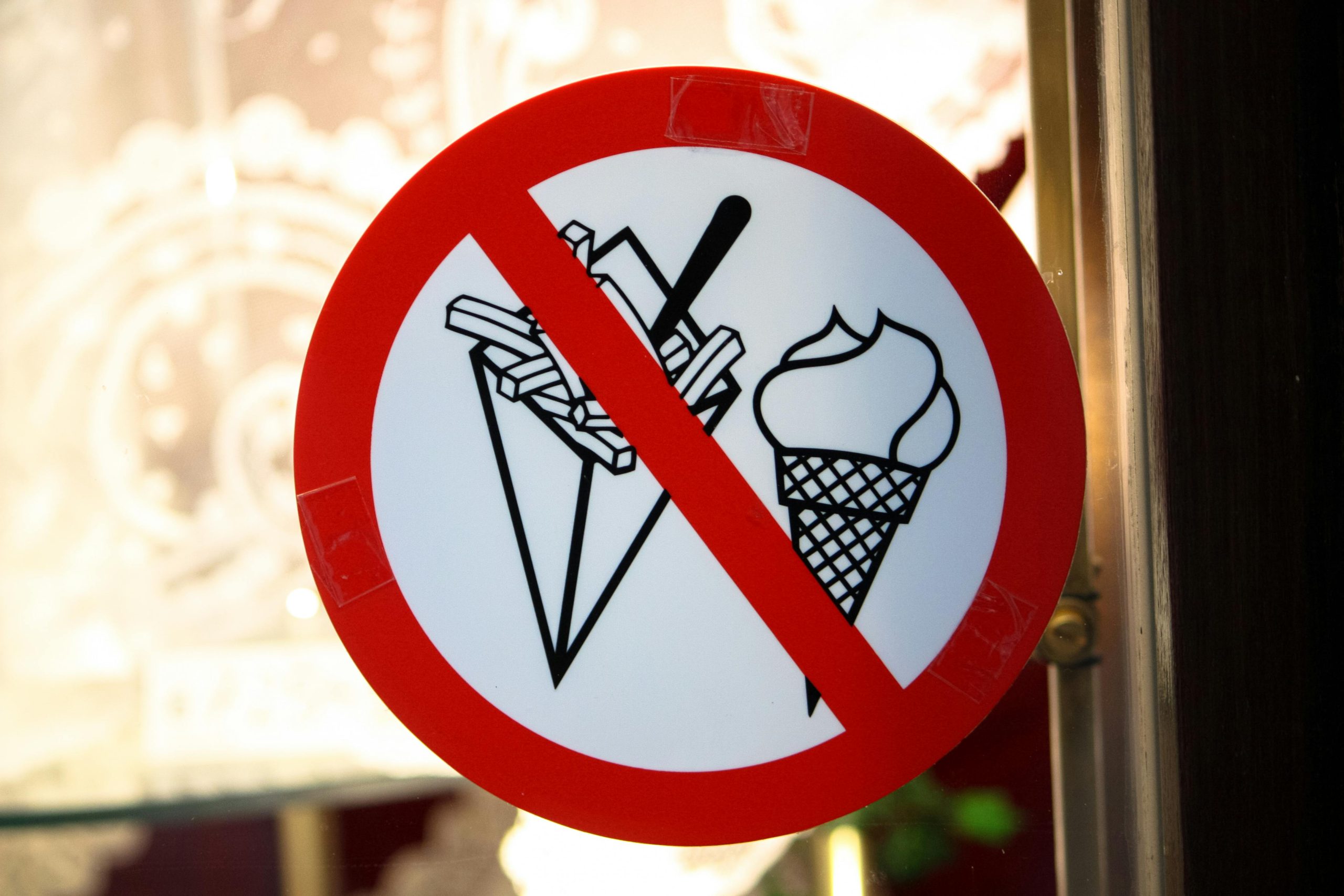In recent years, there has been a growing discussion around restricting sugary food and drink purchases under the Supplemental Nutrition Assistance Program (SNAP). Supporters of the idea argue that limiting access to unhealthy items like soda, candy, and processed snacks could help improve public health outcomes for low-income communities. However, critics claim that such policies unfairly target and stigmatize vulnerable populations. This ongoing debate raises tough questions about health, equity, and personal freedom.

Image Source: Pexels
1. The Case for Health-Driven Restrictions
Proponents of banning sugary foods for SNAP recipients say it’s a practical way to combat diet-related illnesses such as obesity and diabetes. Public health officials point out that sugar-sweetened beverages and snacks are among the top contributors to poor nutrition. By restricting these items, they argue that the government can promote healthier food choices without increasing program costs.
2. Critics Call It Paternalistic and Unfair
Opponents argue that banning certain food items under SNAP sends a harmful message that low-income individuals can’t be trusted to make their own decisions. They see the policy as paternalistic and discriminatory, particularly since there are no similar restrictions on what non-SNAP users can purchase. Critics also argue that it further stigmatizes poverty and could create unnecessary barriers at checkout.
3. Logistical Challenges and Enforcement

Image Source: Pexels
Implementing a ban on sugary foods would require major adjustments in how grocery stores code and categorize food items. It may also result in confusion or frustration for both shoppers and retailers. Some argue that enforcing the ban could cause delays. It can also lead to uncomfortable confrontations at the register, especially if product eligibility is inconsistent.
4. Alternative Solutions
Instead of bans, some experts advocate for incentivizing healthy food purchases. Programs like Double Up Food Bucks, which match SNAP dollars spent on fruits and vegetables, have shown promise. Others suggest investing more in nutrition education and expanding access to healthier grocery options in underserved areas. These approaches aim to support better choices without limiting autonomy.
The debate over banning sugary foods under SNAP is a complex one that touches on public health, personal rights, and systemic inequality. While the goal of improving nutrition is shared by many, the methods for achieving it remain controversial. Whether this policy becomes a reality or not, it highlights the ongoing challenge of balancing health goals with respect for individual freedom and dignity.
Read More
7 Reasons It’s A Bad Idea To Send Your Husband to The Grocery Store
